While Intel Mobile Communications hasn't supplied baseband processors to Apple in years, the chipmaker is said to be looking to get back into the supply chain for future iPhone models in an effort to oust current partner Qualcomm.
Qualcomm currently supplies the wireless LTE chips found in Apple's product lineup, including the flagship iPhone 5s. That partnership is not expected to change with this year's iPhone models, but analyst Timothy Acuri of Cowen and Company has heard that talks are heating up between Intel and Apple for the 2015 iPhone.
In a note to investors on Monday, a copy of which was provided to AppleInsider, Acuri said that Apple has apparently "re-embraced" Intel, and the two parties are having talks about components for next-generation iPhone models.
Acuri believes that Apple's talks may simply be a way for the company to get better prices from current supplier Qualcomm. Though the talks have apparently been ongoing, Acuri believes that Apple is unlikely to ultimately choose Intel, though he said the discussions do add an air of "credibility" to Intel's LTE baseband efforts.
The analyst made no mention of an April rumor out of the Far East that suggested Apple could bring its baseband chip design in-house.
One area where Acuri does believe Apple could make a switch is the Wi-Fi/Bluetooth combo chip found in the iPhone, which is currently supplied by Broadcom. Acuri said on Monday that he's seen evidence that Qualcomm has made "significant strides in his roadmap," which he believes could put it in a position to displace Broadcom in the next two years.
As for Intel, it purchased Infineon's wireless solutions business for $1.4 billion in 2010, which temporarily made the company a chipmaker for Apple's iPhone. Apple famously builds its own custom ARM-based central processors for the iPhone and iPad, and eschewed Intel in designing the first iPhone.
The last Apple handset to feature an Intel Infineon baseband chip was the GSM iPhone 4, which launched in June of 2010. The CDMA iPhone 4 which debuted in early 2011 used a Qualcomm baseband chip, and Qualcomm completely replaced Intel starting with Apple's iPhone 4S in October of 2011.
 Neil Hughes
Neil Hughes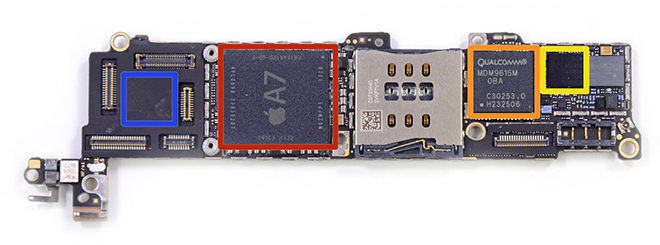


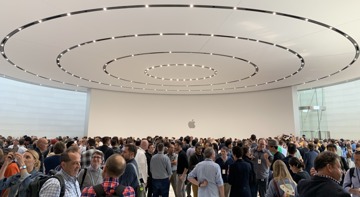
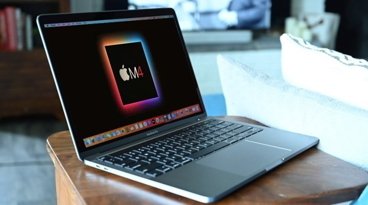
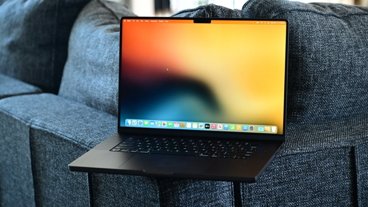
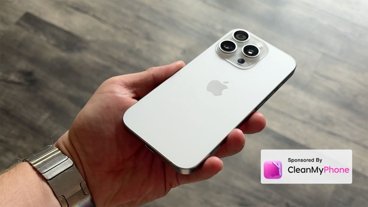







 David Schloss
David Schloss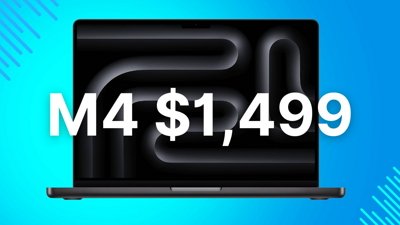
 Christine McKee
Christine McKee
 Amber Neely
Amber Neely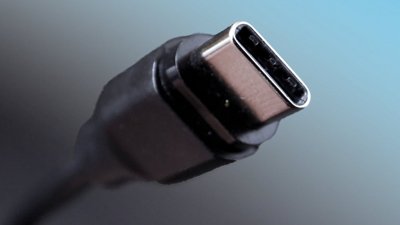
 Malcolm Owen
Malcolm Owen
 Andrew O'Hara
Andrew O'Hara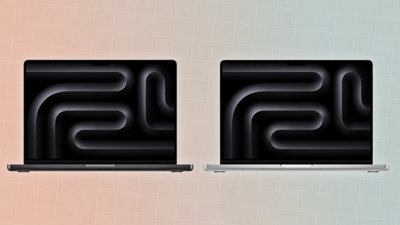

 William Gallagher
William Gallagher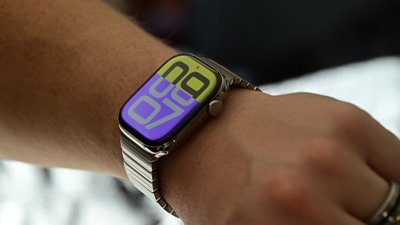
 Oliver Haslam
Oliver Haslam

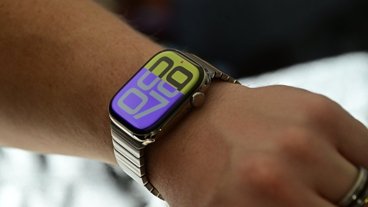
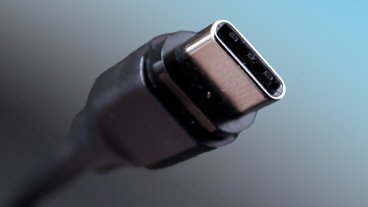
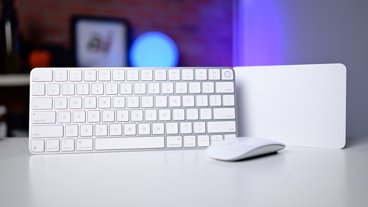
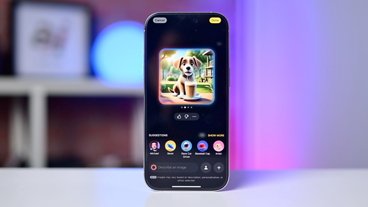
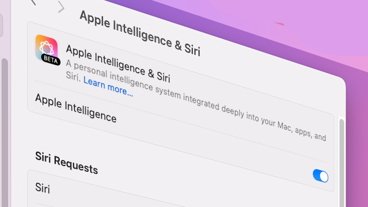


12 Comments
If Intel will not indemnify Apple from any potential future lawsuit from Samsung, then Apple should not consider switching from any current supplier for baseband.
Could this be brought on-board with the A-series package for lower power consumption? Could Apple leverage this rumoured desire by Intel to get Intel to build Apple's A-series chips?
Could this be brought on-board with the A-series package for lower power consumption?
Could Apple leverage this rumoured desire by Intel to get Intel to build Apple's A-series chips?
I think it all depends on who owns the necessary patents and how much they're going to charge Apple for them. I'm sure Apple owns some wireless patents but not as many as Qualcomm. If Qualcomm would allow Apple to integrate their wireless LTE circuitry into the A-series chip that should be a bonus. It would make the A-chip larger if you assume they'd have to add most of the Qualcomm chips real estate to the A-chip but maybe there is some duplication between the chips. I've always wondered why Apple couldn't just make a single chip that includes everything but that's probably asking for too much integration.
[quote name="rob53" url="/t/180851/intel-reportedly-pushing-to-supply-apple-with-baseband-chips-for-future-iphones#post_2554170"]I think it all depends on who owns the necessary patents and how much they're going to charge Apple for them. I'm sure Apple owns some wireless patents but not as many as Qualcomm. If Qualcomm would allow Apple to integrate their wireless LTE circuitry into the A-series chip that should be a bonus. It would make the A-chip larger if you assume they'd have to add most of the Qualcomm chips real estate to the A-chip but maybe there is some duplication between the chips. I've always wondered why Apple couldn't just make a single chip that includes everything but that's probably asking for too much integration. [/quote]Sometimes integration is a bad thing as well, the fact of the A chip so compact and other chips compacted into it, heat distribution will be problematic.
Totally bad idea, and I have to believe Apple's Engineers are smarter than to listen to Intel if in fact they are vying for this business. Mixed signal processing like that of the Qualcomm chips are a completely different beast then a Digital only process which Intel builds. Intel does not have a good track record with mixed signal and analog and digital stuff in the same package.